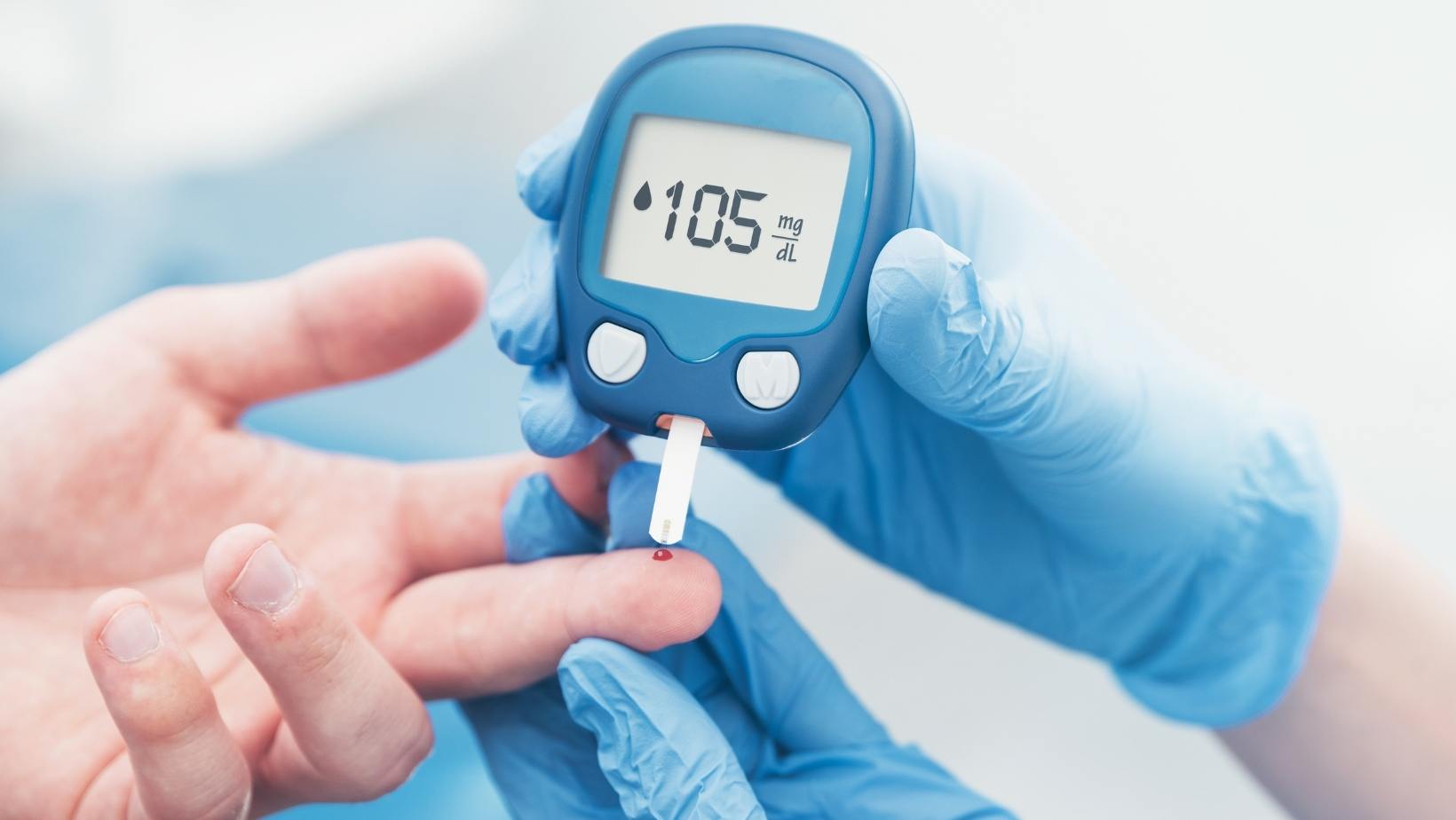
Introduction: The Semaglutide Connection
Semaglutide, a prominent medication in the management of type 2 diabetes, has been hailed for its efficacy in blood sugar control and weight loss. However, as with many medications, there are potential side effects. Among these, the occurrence of sulfur or “rotten egg” burps has raised questions and concerns. This article delves into the association between semaglutide, its popular brand Ozempic, and these peculiar burps.
Understanding Sulphur Burps
Before diving into the connection with semaglutide, it’s essential to understand what sulfur burps are. These are burps accompanied by a foul smell reminiscent of rotten eggs. The culprit? Hydrogen sulfide gas, produced when certain sulfur-rich foods are broken down in the gut.
- Causes of Sulphur Burps:
- Consumption of sulfur-rich foods like broccoli, cauliflower, and meat.
- Bacterial infections in the stomach.
- Slow digestion or motility issues.
Semaglutide and Gastrointestinal Effects
Semaglutide, whether in its injectable form (Ozempic) or oral form (Rybelsus), has known gastrointestinal side effects.
- Common Side Effects Include:
- Nausea
- Diarrhea
- Abdominal discomfort
But what about sulfur burps?
The Semaglutide-Sulfur Burp Link
Several users have reported experiencing sulfur burps after starting semaglutide. The drug’s influence on gut motility and bacterial composition might lead to slower digestion. This can result in prolonged fermentation of certain sulfur-rich foods, increasing the chances of producing hydrogen sulfide gas.
Ozempic and the “Eggy” Dilemma
Ozempic, a brand of semaglutide, has been particularly associated with these “eggy” or “rotten” burps. User forums and discussions often highlight this side effect, with many seeking remedies or explanations. Some users also report associated symptoms like diarrhea or abdominal discomfort, further complicating the picture.
- Why Ozempic?
- Its influence on gut motility.
- Its impact on the gut’s bacterial composition.
- The body’s adjustment phase to the medication.
Rybelsus: The Oral Semaglutide
Rybelsus, the oral form of semaglutide, hasn’t been left out of the sulfur burp discussion. While the reports are fewer compared to Ozempic, some users still experience these unpleasant burps, indicating that it might be a class effect of GLP-1 receptor agonists.
Managing and Reducing Sulphur Burps on Semaglutide
Dietary adjustments can play a significant role.
- Tips to Manage Sulphur Burps:
- Reduce the intake of sulfur-rich foods.
- Stay hydrated.
- Consume probiotics.
- Discuss the symptom with a healthcare provider for personalized solutions.
Frequently Asked Questions (FAQs) about Semaglutide and Sulphur Burps
Q: What is semaglutide and why is it prescribed?
A: Semaglutide is a medication primarily prescribed for the treatment of type 2 diabetes. It helps regulate blood sugar levels and has also been noted for its weight loss benefits.
Q: Why am I experiencing sulfur or “rotten egg” burps after starting semaglutide?
A: Sulfur burps can be caused by the production of hydrogen sulfide gas in the stomach. Semaglutide’s influence on gut motility and bacterial composition might lead to slower digestion, resulting in prolonged fermentation of certain sulfur-rich foods.
Q: Are sulfur burps a common side effect of Ozempic?
A: While sulfur burps are not listed as a primary side effect, several users have reported experiencing them after starting Ozempic. It’s essential to discuss any new or unusual symptoms with your healthcare provider.
Q: Can changing my diet help reduce sulfur burps while on semaglutide?
A: Yes, dietary adjustments can help. Reducing the intake of sulfur-rich foods, staying hydrated, and consuming probiotics can potentially alleviate the symptom.
Q: Is there a difference in side effects between the injectable (Ozempic) and oral (Rybelsus) forms of semaglutide?
A: Both forms of semaglutide can cause gastrointestinal side effects. However, the frequency and intensity might vary between individuals. It’s always best to consult with a healthcare provider regarding side effects.
Q: Are there any remedies or over-the-counter solutions for sulfur burps?
A: Drinking plenty of water, consuming activated charcoal, and taking antacids can sometimes help. However, it’s essential to discuss any remedies with a healthcare provider, especially when on medication.
Q: How long do the sulfur burps last after starting semaglutide?
A: The duration can vary among individuals. Some might experience it only during the initial adjustment phase, while others might have prolonged symptoms. It’s crucial to monitor and report persistent symptoms to a healthcare provider.
Q: Can I switch to another diabetes medication if I can’t tolerate the sulfur burps on semaglutide?
A: There are various medications available for managing type 2 diabetes. If you experience intolerable side effects with semaglutide, discuss alternative options with your healthcare provider.
Q: Are there any associated risks with prolonged sulfur burps?
A: While occasional sulfur burps might not be harmful, persistent symptoms can indicate an underlying issue, such as slow gastric emptying or a bacterial imbalance. It’s essential to seek medical advice if symptoms persist.
Q: I’ve read about other users experiencing sulfur burps on online forums. Should I be concerned?
A: Online forums provide a platform for users to share personal experiences. While they can offer insights, it’s essential to rely on medical professionals for advice and information tailored to your specific situation.
Conclusion: Balancing Benefits and Side Effects
Semaglutide offers significant benefits in diabetes management and weight loss. However, potential side effects, including sulfur burps, should be considered. Open communication with healthcare providers and staying informed can help users navigate this medication effectively.
Further Reading and Resources
For a more detailed exploration of semaglutide’s gastrointestinal effects, readers can refer to Masala Monk’s guide on Ozempic and stomach issues and Ozempic and Diarrhea.
Blog Tags for the Post: Semaglutide, Sulphur Burps, Ozempic, Rybelsus, Gastrointestinal Side Effects, Diabetes Medication, GLP-1 Receptor Agonists, Sulfur-rich Foods, Hydrogen Sulfide Gas, Rotten Egg Burps.









